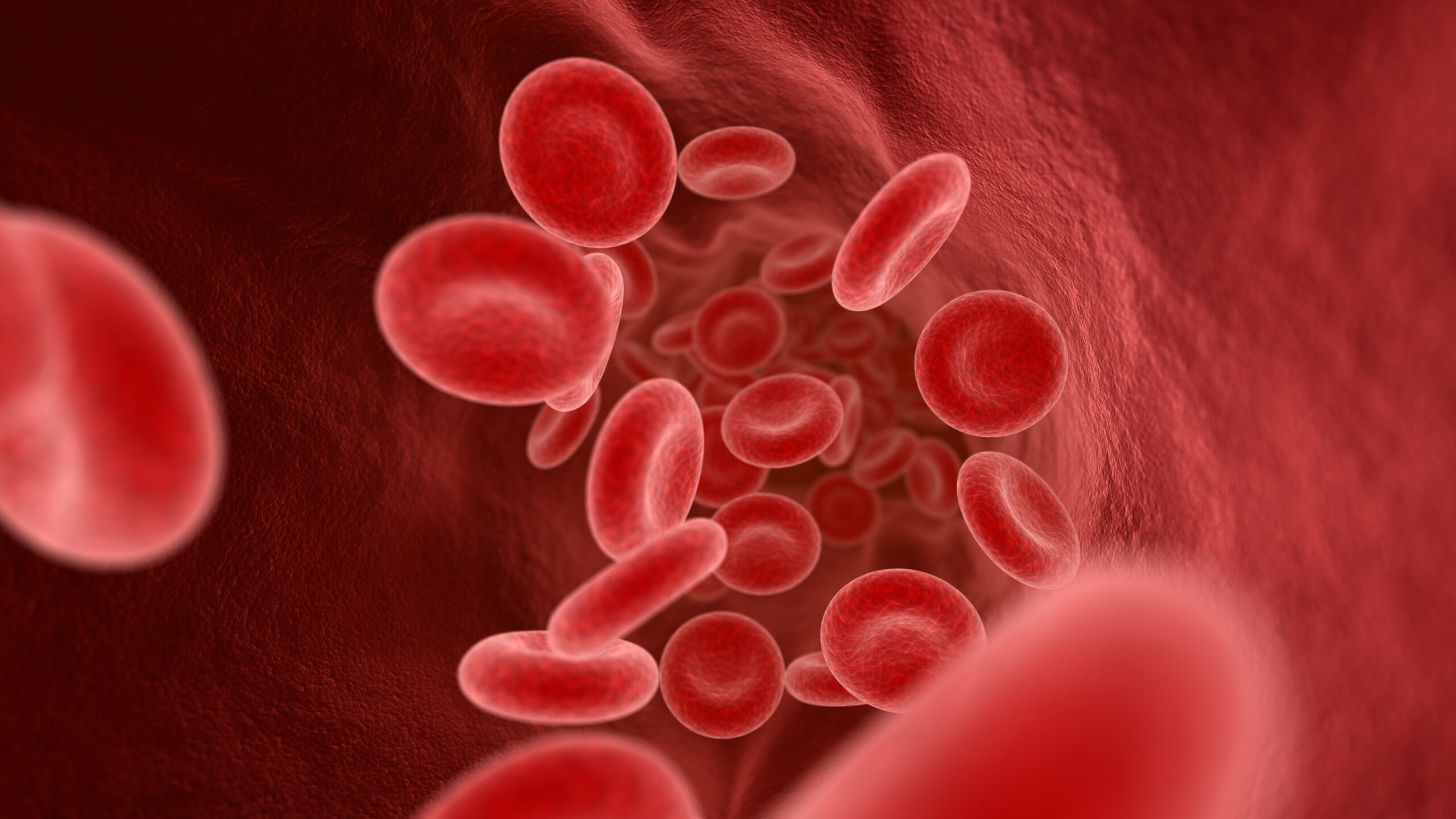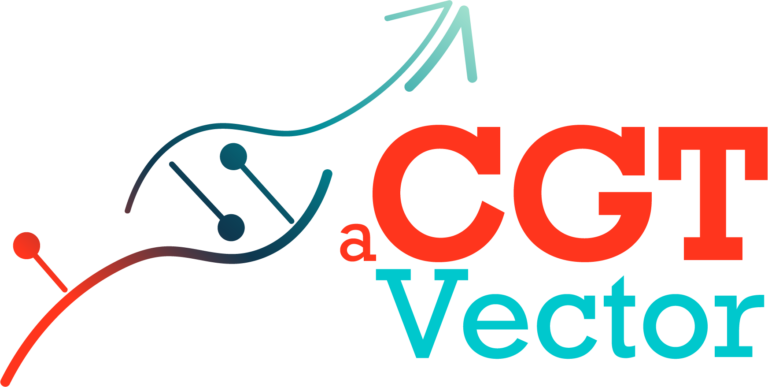Room for allogeneic and autologous product in the cell therapy space says panel

Allogeneic products may dominate the cell therapy sector thanks to tech and cost advantages but there will always be room for autologous treatments, say experts.
Cell therapies are either allogenic – derived from a universal donor – or patient-specific, autologous products. The products treat disease in the same way, what differs is the types of immune responses they generate and the process used to make them.
And – according to a panel of experts at BPI – these differences that will ultimately will shape the development of the cell therapy market.
And – according to a panel of experts at BPI – these differences that will ultimately will shape the development of the cell therapy market.
RoosterBio founder Jon Rowley told attendees “I do believe that they [allogenic and autologous therapies] are going to coexist, at least for the next 20 plus years.
“One of two things is going to happen: either our genetic engineering of cells or the body will allow us to reduce any immune rejection of allogenic cells.”
“Also, the allogeneic cost structure hands down beats autologous, so I think that the allogeneic model will win out, but, it’s going to take like 20 or more years.”
A less likely possibility Rowley says is that
the cost of making autologous therapies – which is usually higher than for making allogenic products because of their patient-specific nature – is reduced.
“It is also just as possible that the supply chain really get worked out of the autologous model to the point that the difference in cost isn’t going to matter.”
In such circumstances physicians and payors may favor the immunological and potency benefits of “self-products.”
To read the full story click here
Article by Gareth Macdonald
CONTACT US

© aCGT Vector – All Rights Reserved
Adress
aCGT Vector DAC,
The Mill Enterprise Hub,
Newtown Link Road,
Greenhills, Drogheda,
Co. Louth, A92 CD3D,
Republic of Ireland,
Europe
Contact
+353 864667889
